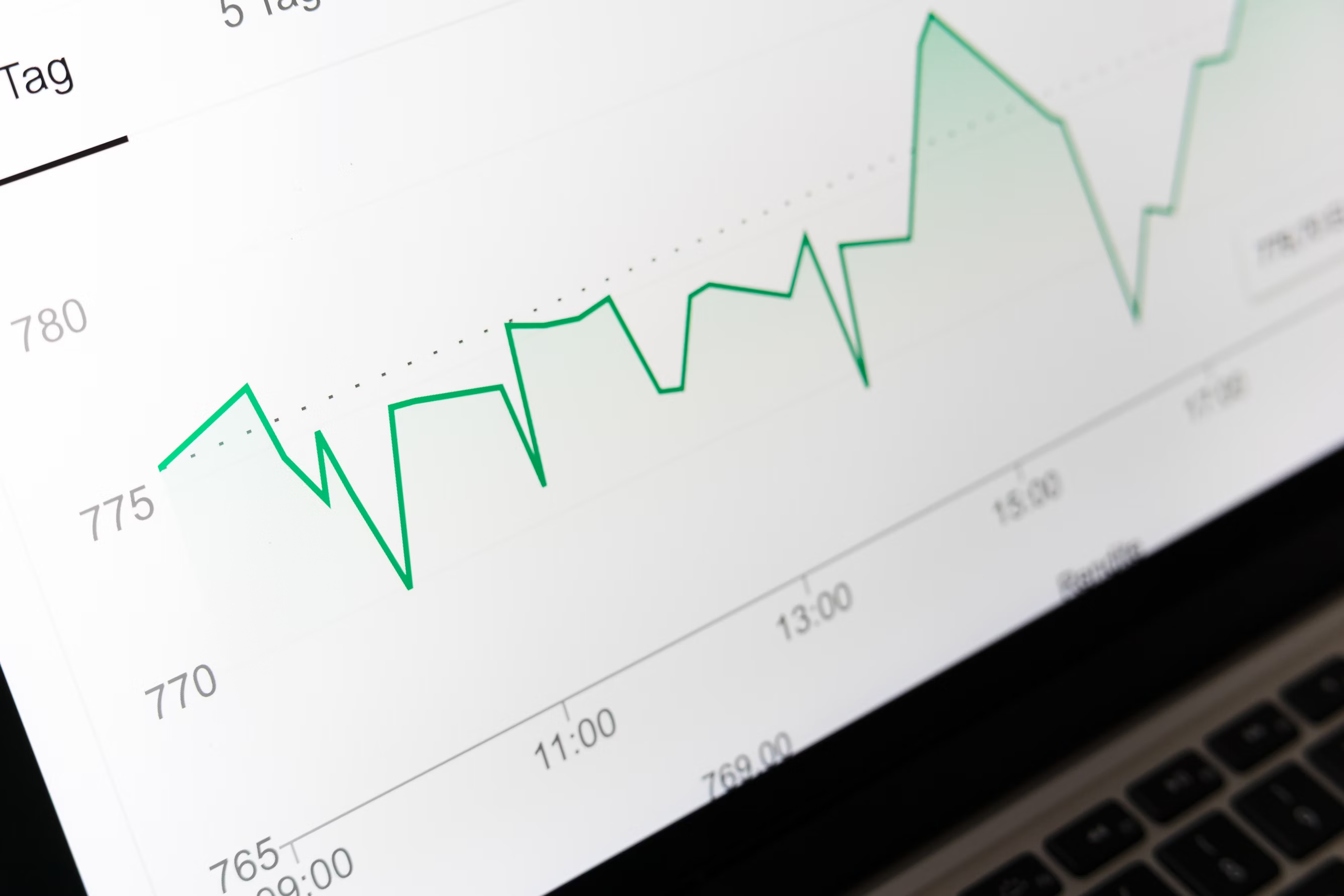The Costly Brochure Mind-set
Too many businesses treat their websites like digital brochures—pretty to look at, full of information, but passive. They create beautiful sites that showcase their services and then wonder why visitors aren't converting into customers.
Your website should be your hardest-working salesperson, available 24/7, guiding visitors toward becoming customers.
The Brochure Mindset vs. Sales Tool Mindset
Brochure Thinking:
- "Let's show everything we do"
- "More information is better"
- "Make it look professional"
- "Tell them about our company history"
Sales Tool Thinking:
- "What do visitors need to take action?"
- "How can we remove friction from the buying process?"
- "What objections do we need to overcome?"
- "How do we guide them to the next step?"
Why Most Websites Fail to Sell
1. No Clear Value Proposition
Visitors land on your site and can't quickly understand:
- What you do
- Who it's for
- Why it matters
- What makes you different
2. Feature-Focused Instead of Benefit-Focused
You list what you do instead of what it means for the customer:
- Feature: "We offer 24/7 customer support"
- Benefit: "Get help whenever you need it, so you're never stuck"
3. Weak or Missing Calls-to-Action
- Vague CTAs like "Learn More" or "Click Here"
- Too many options confusing visitors
- CTAs that don't stand out visually
- No clear next step for interested visitors
4. Information Overload
Cramming everything onto the homepage instead of guiding visitors through a logical journey.
The Psychology of Online Selling
Understanding the Visitor's Mindset:
- Skeptical - They don't trust you yet
- Impatient - They want answers quickly
- Comparison shopping - They're looking at competitors
- Risk-averse - They fear making the wrong choice
Your Website Must Address:
- Credibility - Why should they trust you?
- Relevance - Is this right for them?
- Value - What's in it for them?
- Urgency - Why act now?
- Risk - What if it doesn't work out?
Essential Elements of a Sales-Focused Website
1. Compelling Headlines
Your headline is your elevator pitch. It should immediately communicate:
- What you do
- Who it's for
- The main benefit
Instead of: "Welcome to ABC Company" Try: "Help Small Businesses Double Their Online Sales in 90 Days"
2. Clear Value Propositions
Every page should answer: "What's in it for me?"
Example Value Prop Structure:
- Headline: The main benefit
- Subheadline: How you deliver it
- Supporting points: Why you're the best choice
3. Social Proof
Visitors need to see that others like them have succeeded with you:
- Customer testimonials with photos and details
- Case studies showing real results
- Client logos from recognizable companies
- Reviews and ratings from third-party sites
- Numbers and statistics about your success
4. Strategic Calls-to-Action
Every page should have a clear next step:
- Primary CTA: Your main conversion goal
- Secondary CTA: Alternative action for those not ready
- Action-oriented language: "Get Started," "Download Now," "Schedule Call"
- Benefit-focused: "Get Your Free Quote" vs. "Contact Us"
5. Addressing Objections
Anticipate and overcome common concerns:
- Price objections: Show value and ROI
- Trust concerns: Display credentials and guarantees
- Timing issues: Create urgency or show why now is right
- Feature questions: Compare your solution to alternatives
The Sales Funnel on Your Website
Top of Funnel (Awareness):
- Blog content that addresses pain points
- Free resources that provide value
- Educational content that builds trust
Middle of Funnel (Consideration):
- Case studies showing success stories
- Product/service comparisons
- Detailed service pages with benefits
- FAQ sections addressing concerns
Bottom of Funnel (Decision):
- Clear pricing and package options
- Strong guarantees reducing risk
- Testimonials from similar customers
- Easy contact/purchase process
Conversion Rate Optimization
Testing What Works:
- A/B test headlines to find what resonates
- Test different CTAs for higher click-through rates
- Experiment with page layouts to reduce friction
- Try various forms to increase completions
Key Metrics to Track:
- Conversion rate - percentage of visitors who take action
- Bounce rate - how many leave immediately
- Time on page - engagement indicator
- Form completion rate - how many complete your forms
- Customer acquisition cost - cost to get each customer
Common Conversion Killers
1. Too Many Options
Choice paralysis is real. Too many menu items, services, or CTAs confuse visitors.
2. Weak Headlines
Generic, company-focused headlines that don't grab attention or communicate value.
3. Hidden Contact Information
Making it hard to find your phone number or contact form reduces trust and conversions.
4. Slow Loading Times
Every second of delay reduces conversions by up to 7%.
5. Poor Mobile Experience
With 60%+ mobile traffic, a bad mobile experience kills conversions.
6. Lack of Trust Signals
No testimonials, security badges, or credibility markers make visitors hesitant.
Industry-Specific Sales Strategies
Service-Based Businesses:
- Before/after case studies showing transformations
- Process explanations reducing uncertainty
- Team photos and bios building personal connections
- Scheduling tools for easy appointment booking
E-commerce Sites:
- Product reviews and ratings
- Clear return policies reducing purchase risk
- Multiple payment options removing friction
- Abandoned cart recovery systems
B2B Companies:
- ROI calculators showing potential value
- Free trials or demos lowering barriers
- Industry-specific landing pages
- Lead magnets for contact information
Making the Transformation
Step 1: Audit Your Current Site
- What's the first thing visitors see?
- How quickly can they understand what you do?
- What action do you want them to take?
- What objections might they have?
Step 2: Define Your Sales Process
- What's your ideal customer journey?
- What information do they need at each stage?
- What actions lead to sales?
- Where do prospects typically get stuck?
Step 3: Restructure for Sales
- Lead with benefits, not features
- Create clear paths to conversion
- Remove unnecessary friction and distractions
- Add trust signals throughout the site
Step 4: Test and Optimize
- Implement tracking for key metrics
- A/B test major changes
- Gather user feedback
- Continuously improve based on data
The ROI of a Sales-Focused Website
Companies that optimize their websites for sales see:
- 2-5x increase in conversion rates
- Lower customer acquisition costs
- Higher quality leads that are easier to close
- Improved sales team efficiency
- Better return on marketing investment
Conclusion
Your website is the digital face of your business, but more importantly, it's your opportunity to sell to visitors when you're not there.
Stop thinking of it as a brochure that just provides information. Start thinking of it as your best salesperson—one that never sleeps, never has a bad day, and can handle unlimited prospects simultaneously.
The businesses winning online aren't just the ones with the prettiest websites. They're the ones with websites that sell.
What is your website selling today?



